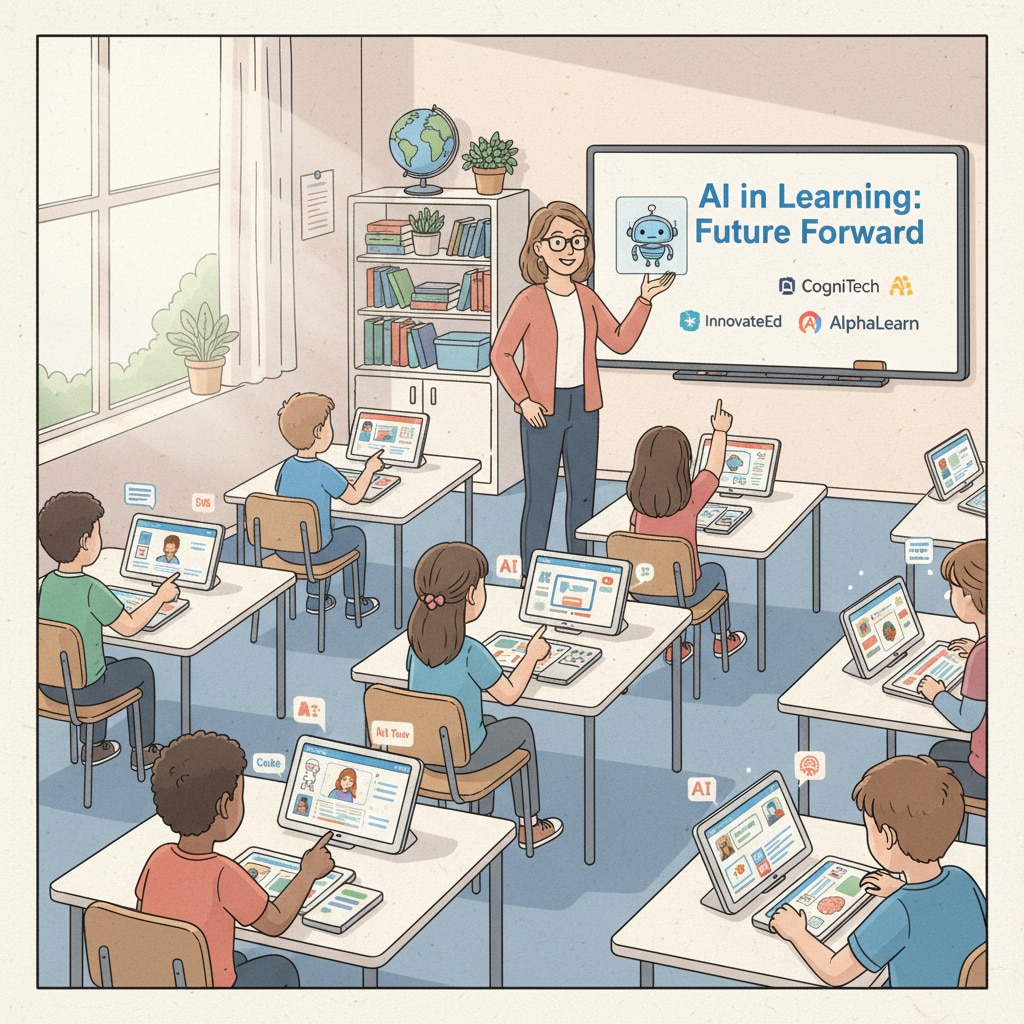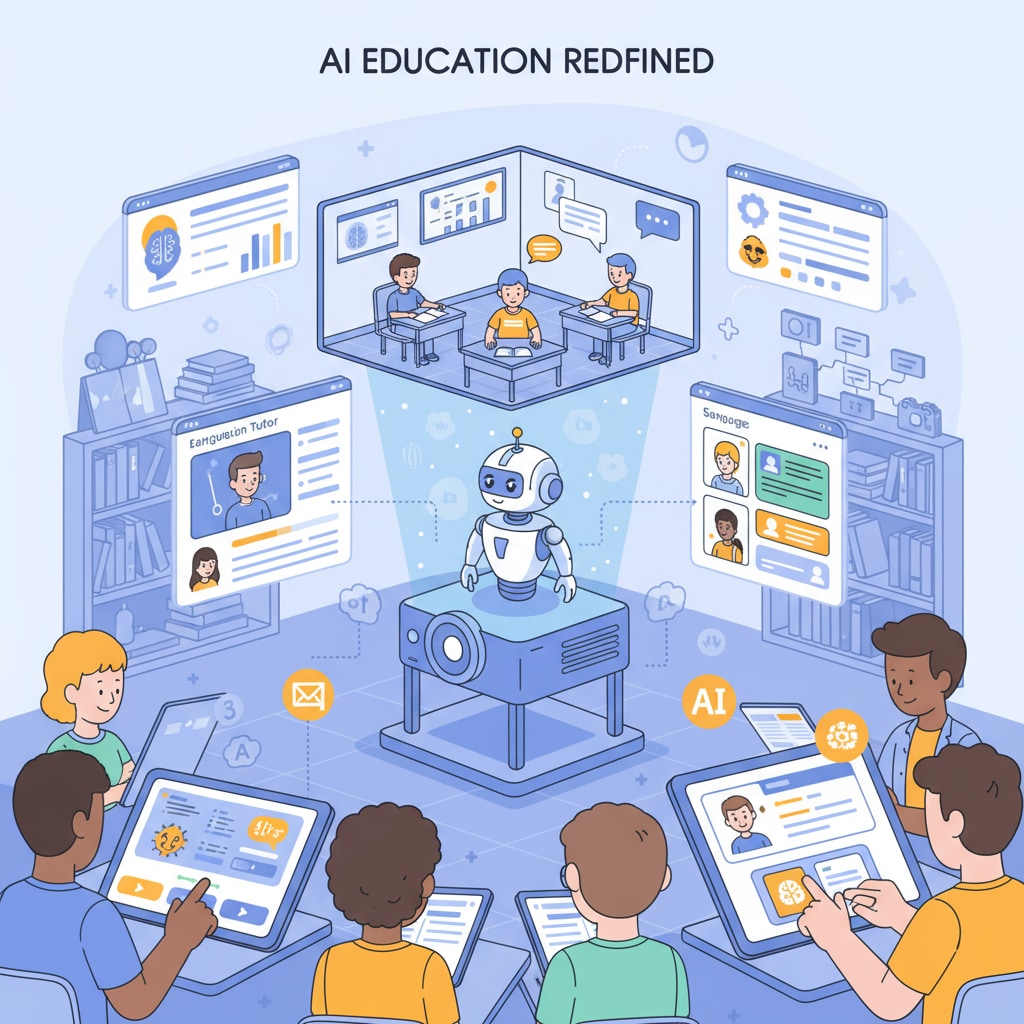The rapid development of artificial intelligence has brought about a significant shift in various industries, and education is no exception. Tech companies are now actively integrating AI products into the K12 education system. This trend, while promising, is also fraught with complexities and controversies.

The Aggressive Push of Tech Companies
Tech giants see vast potential in the education market. They are investing heavily in developing AI-driven educational tools, from intelligent tutoring systems to personalized learning platforms. For example, companies like Google and Microsoft have introduced AI-powered educational software that aims to revolutionize the way students learn. These products claim to offer tailored learning experiences, adapting to each student’s pace and learning style. According to Educause, the global market for AI in education is expected to grow exponentially in the coming years.

The Research Deficit
One of the major concerns is the lack of in-depth research on the long-term impact of AI in education. While these technologies show promise in the short term, there is limited understanding of how they will affect students’ cognitive development, social skills, and overall well-being in the long run. For instance, there is little research on whether excessive reliance on AI for learning could lead to a decrease in critical thinking skills. As a result, educators and parents are left in the dark, making it difficult to make informed decisions about implementing these technologies.
Another aspect is the ethical implications of AI in education. Issues such as data privacy and bias in algorithms are becoming increasingly important. If not properly addressed, these could lead to unfair treatment of students and violations of their privacy rights.
Teacher Concerns
Teachers also have valid concerns about the integration of AI in the classroom. Many worry that these technologies could replace them in the teaching process. While AI can assist in certain aspects of education, such as grading and providing basic instruction, it cannot fully replace the human touch in teaching. Teachers play a crucial role in guiding students, understanding their unique needs, and fostering a positive learning environment. Additionally, teachers may lack the necessary training to effectively use these AI tools, which could lead to inefficiencies in the classroom.
Readability guidance: The integration of AI in education by tech companies brings both opportunities and challenges. We need to carefully consider the research gaps, teacher concerns, and ethical issues to ensure that AI is used in a way that benefits students and the education system as a whole.


